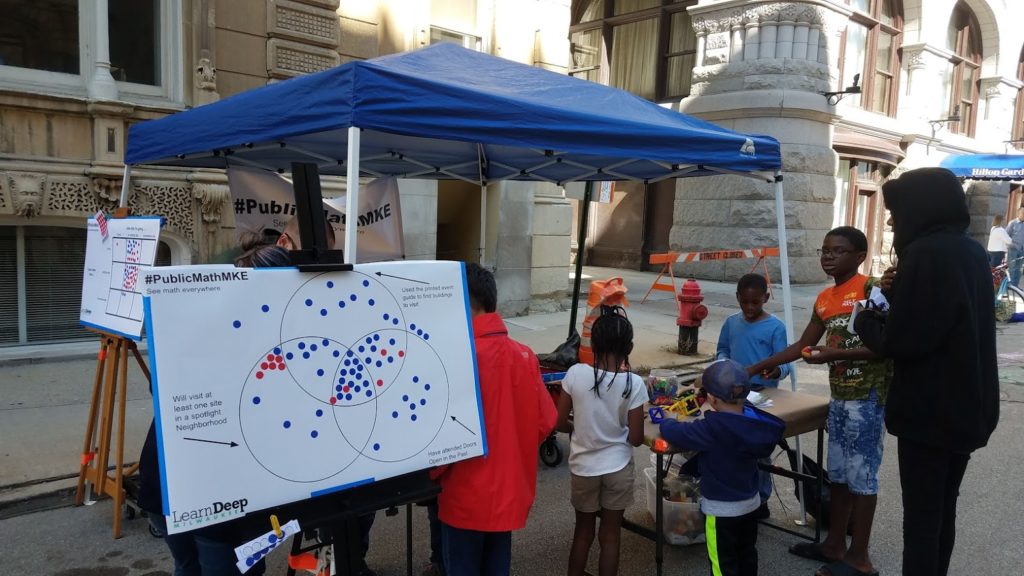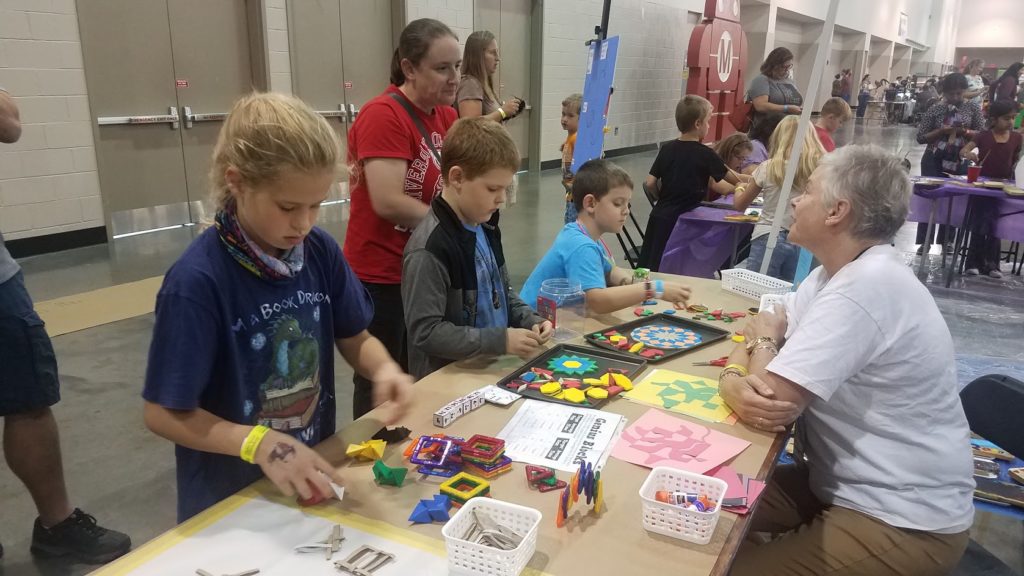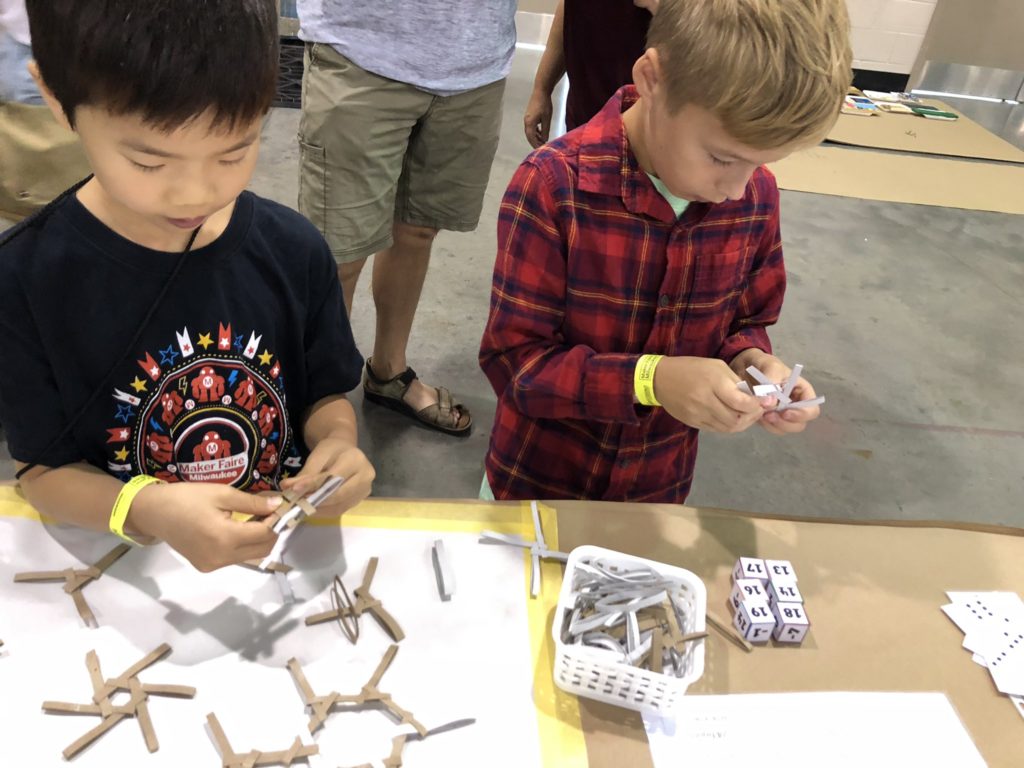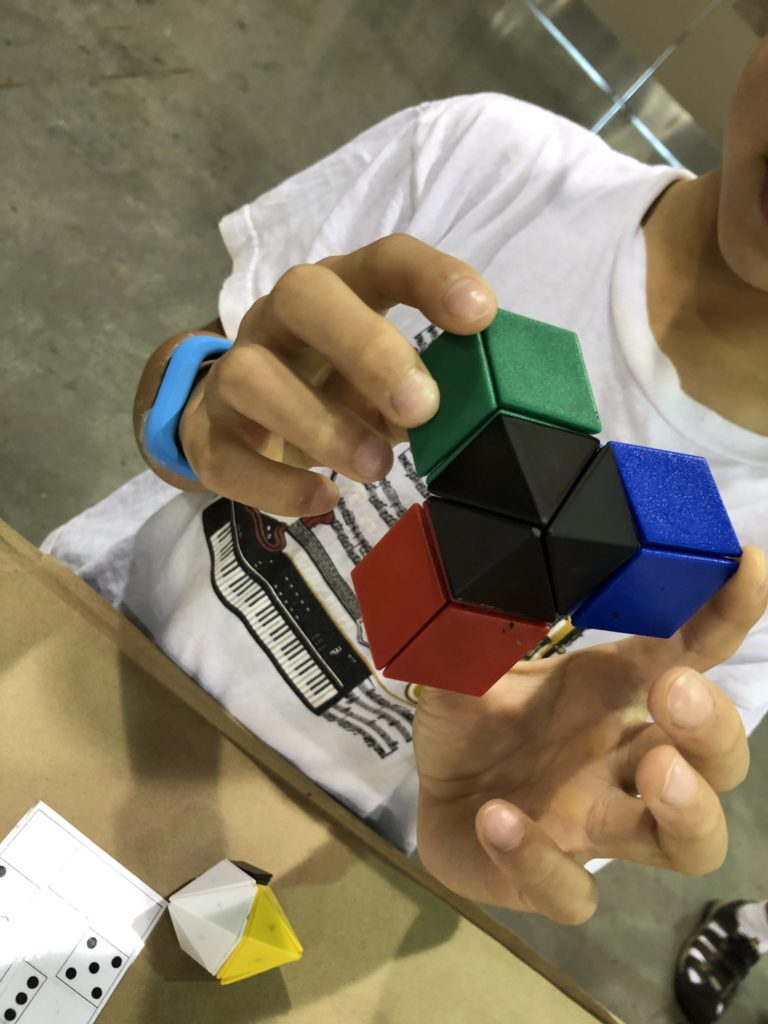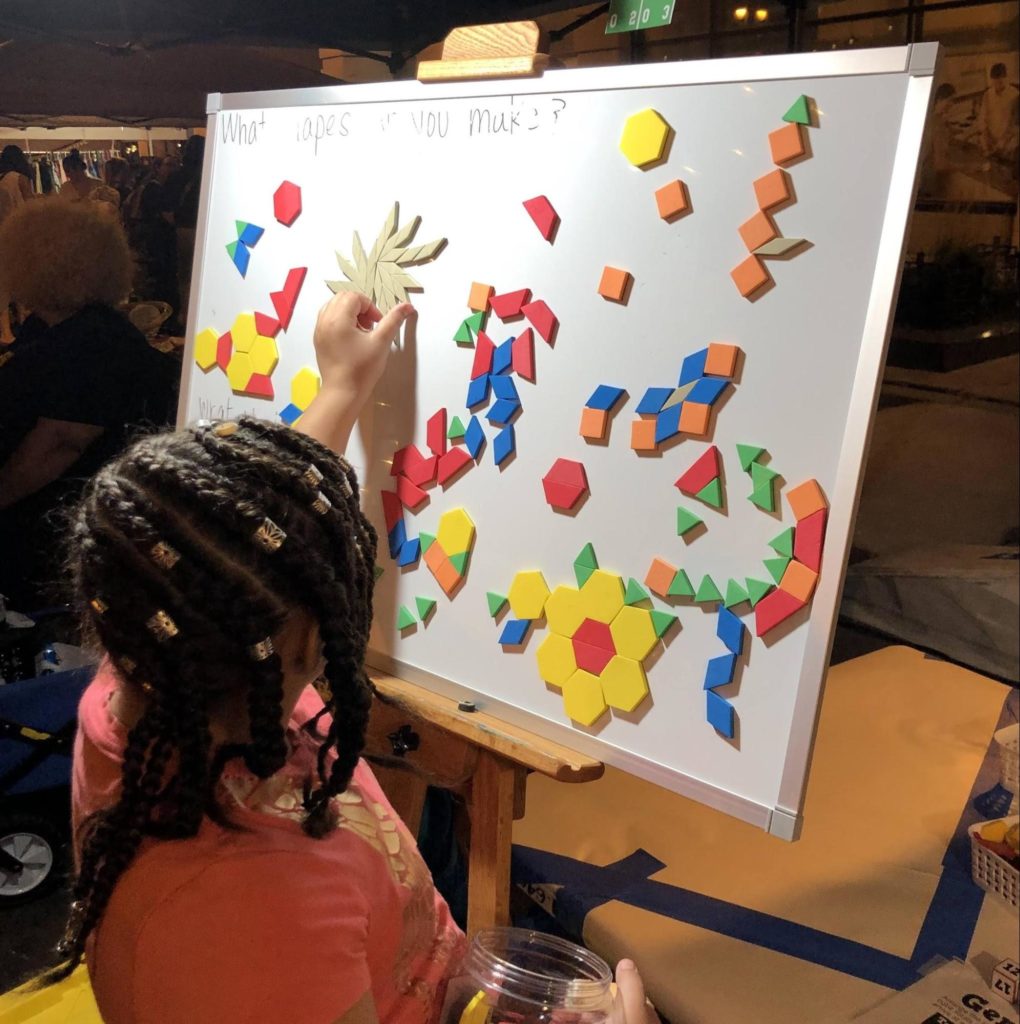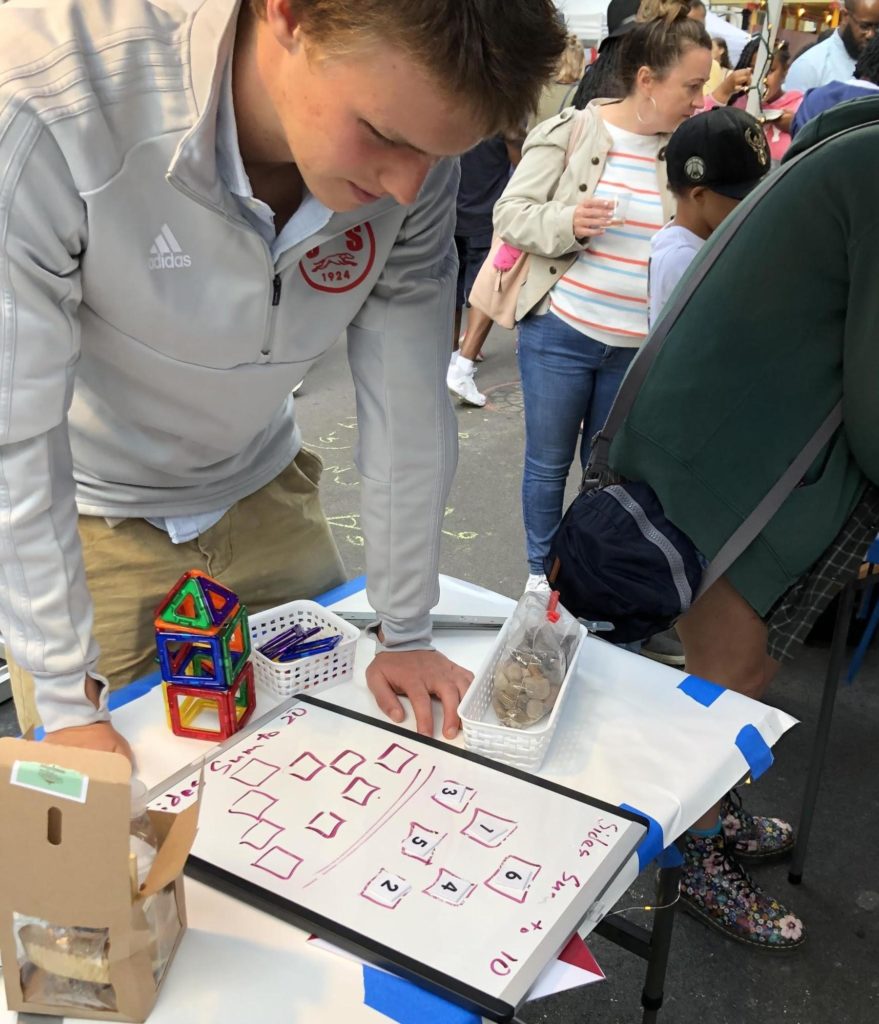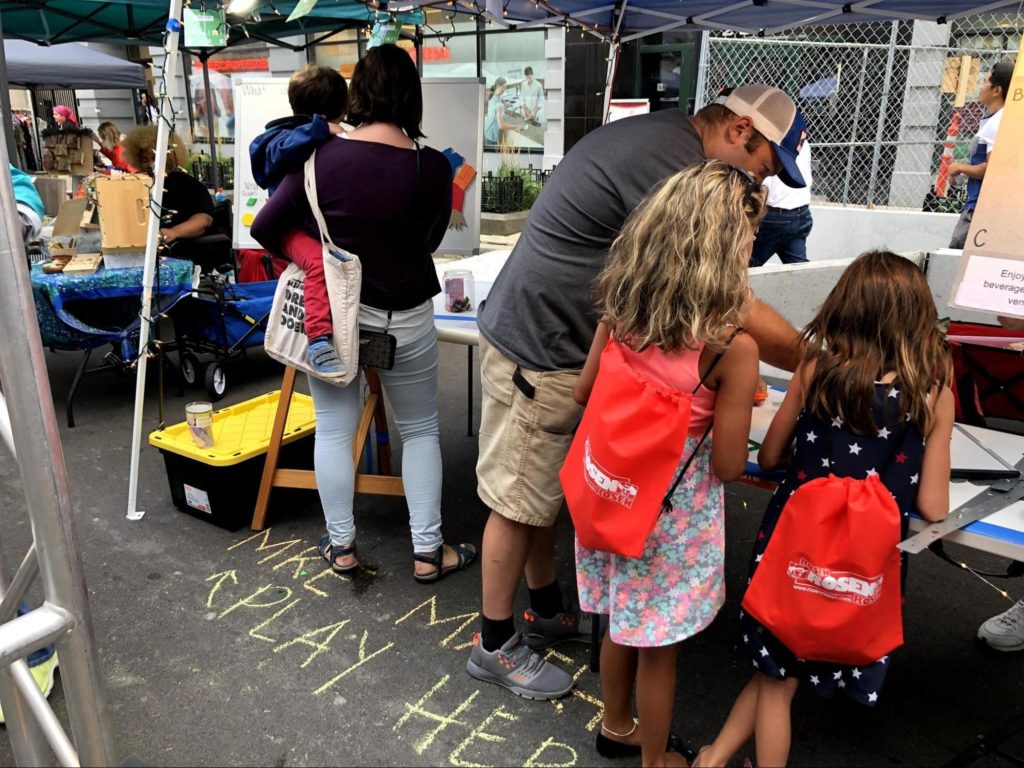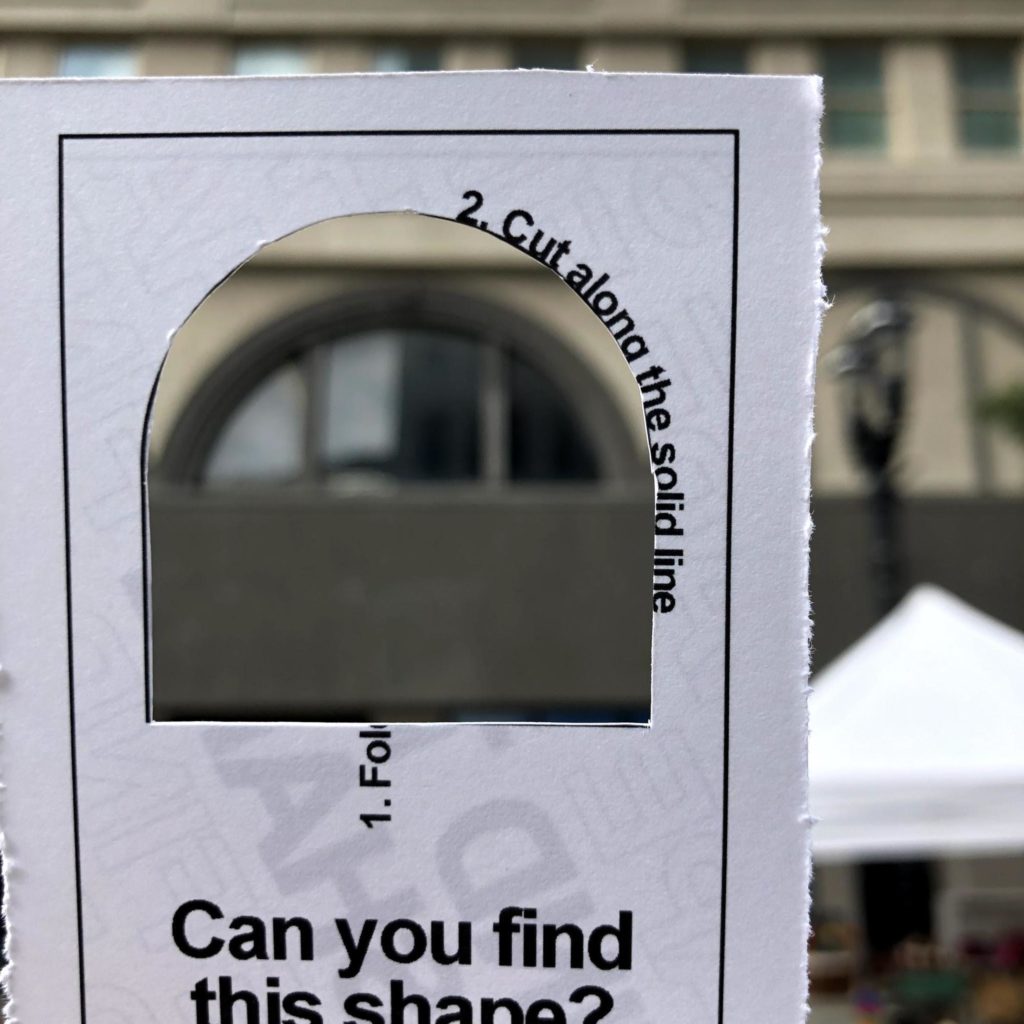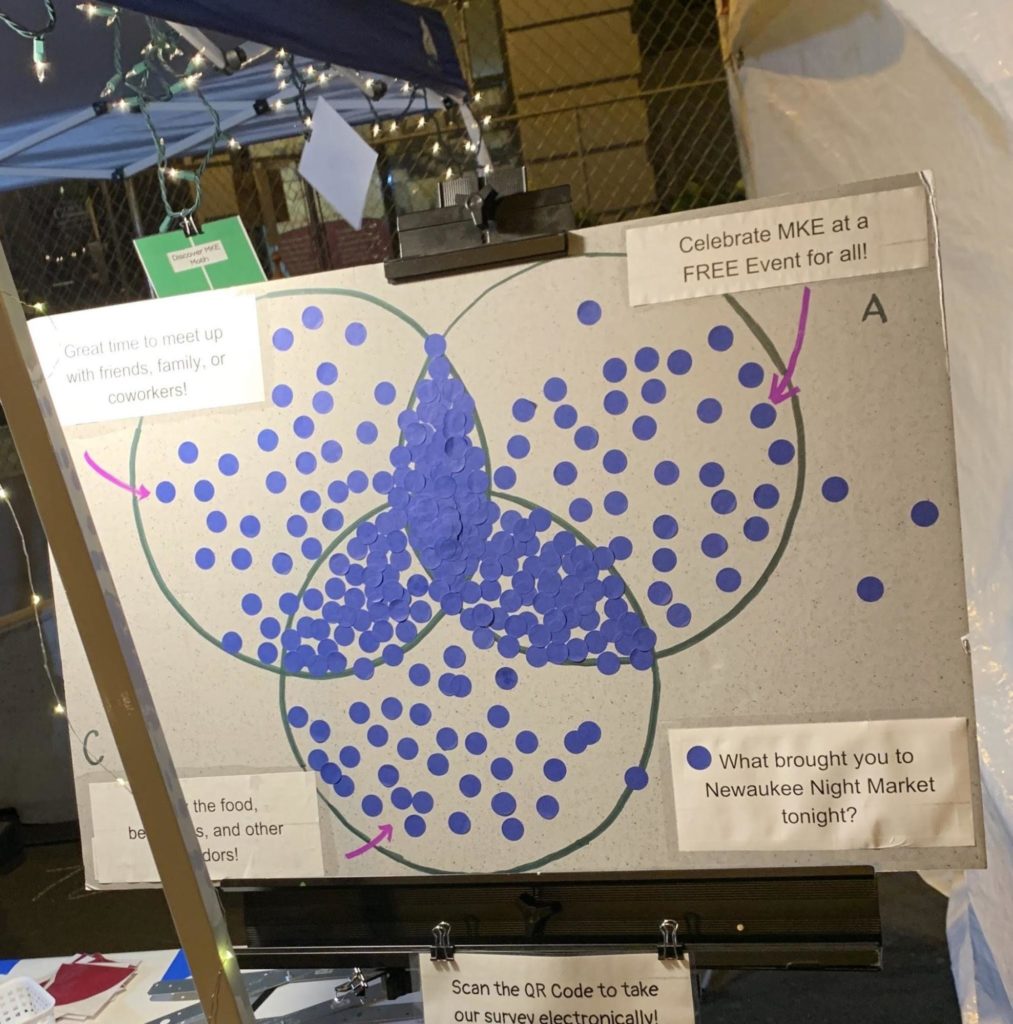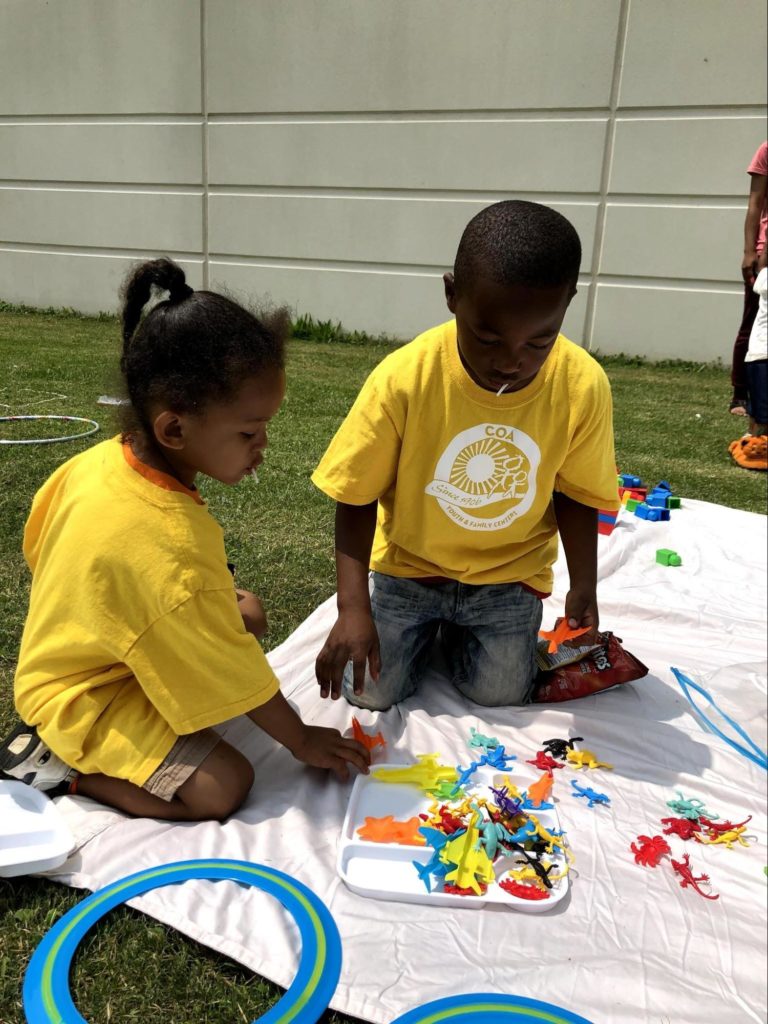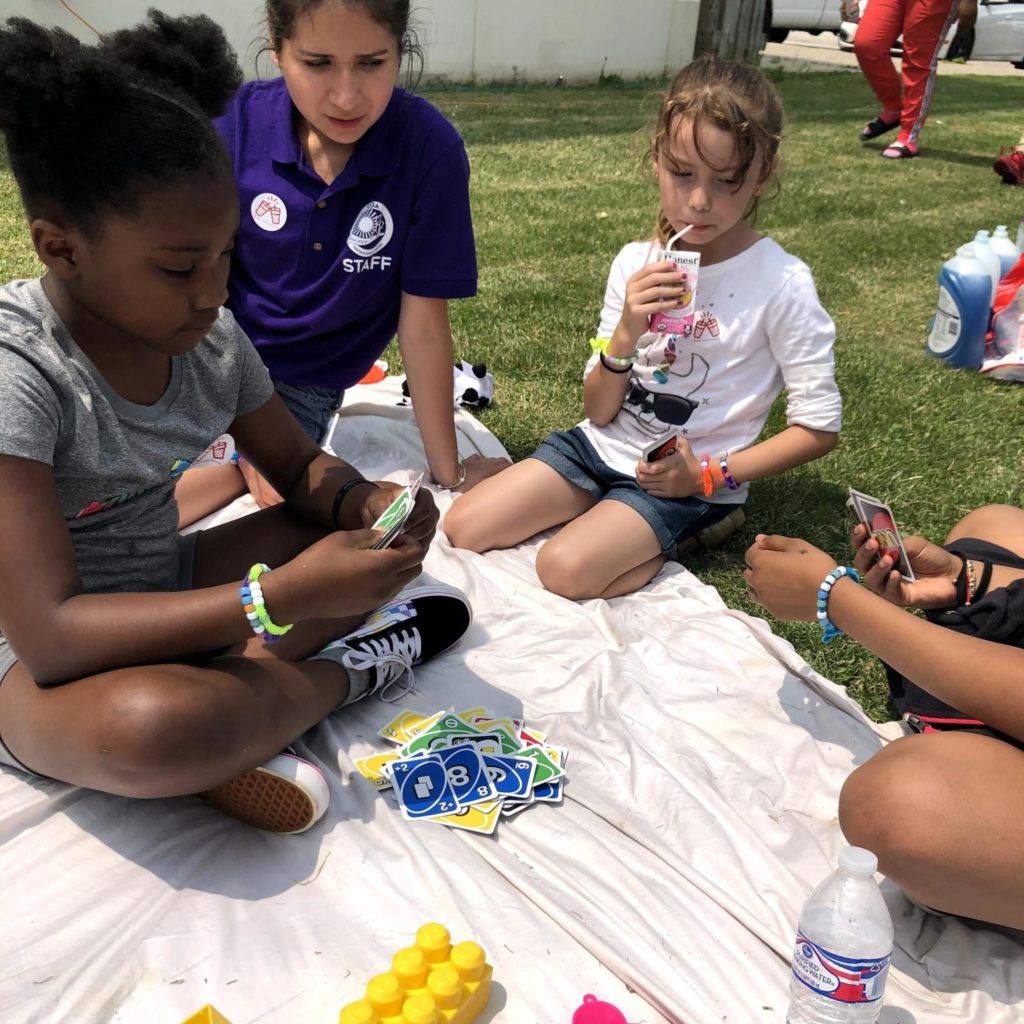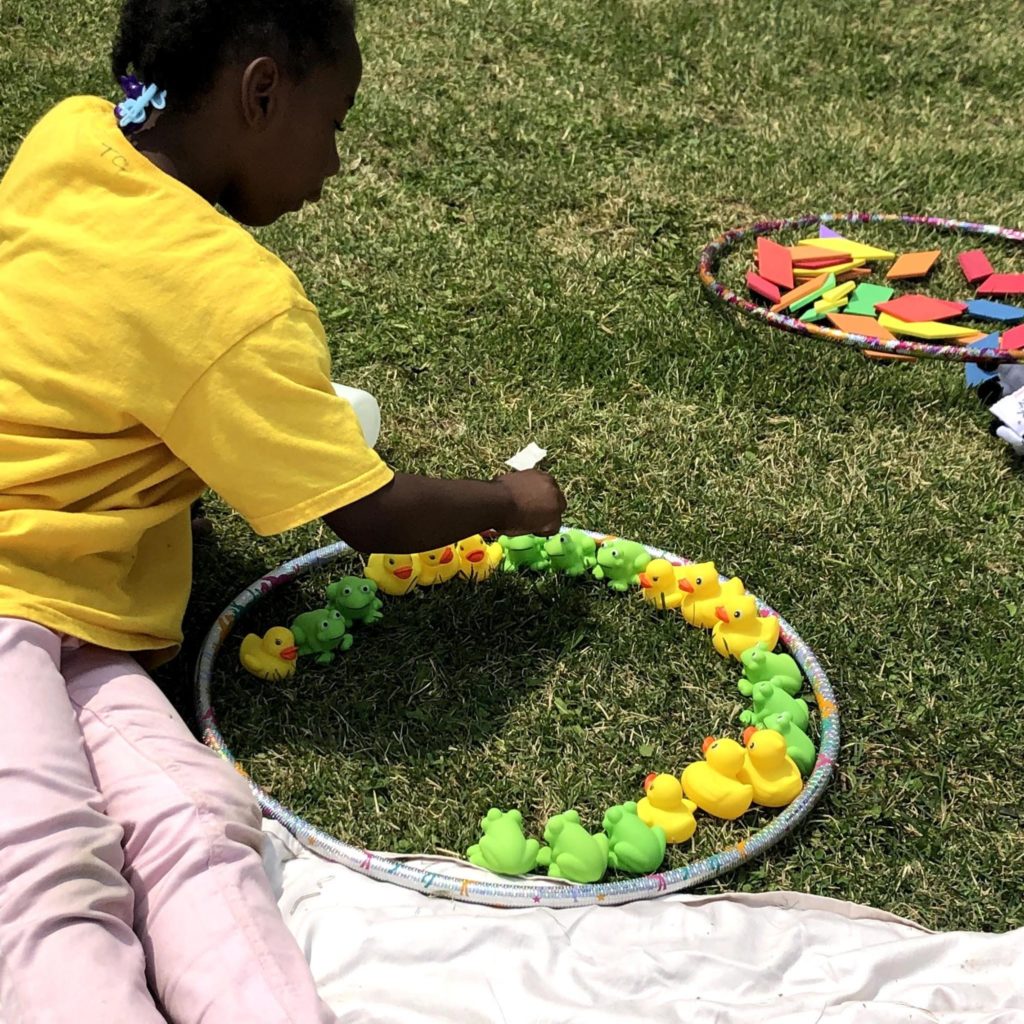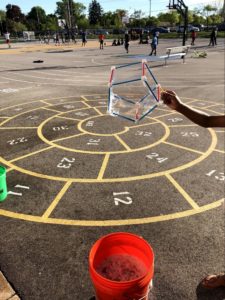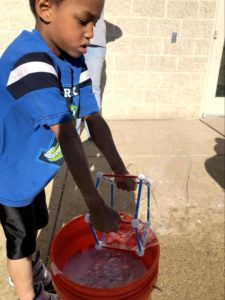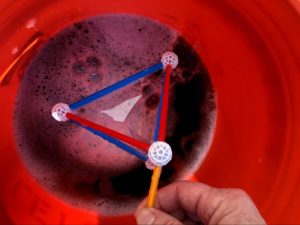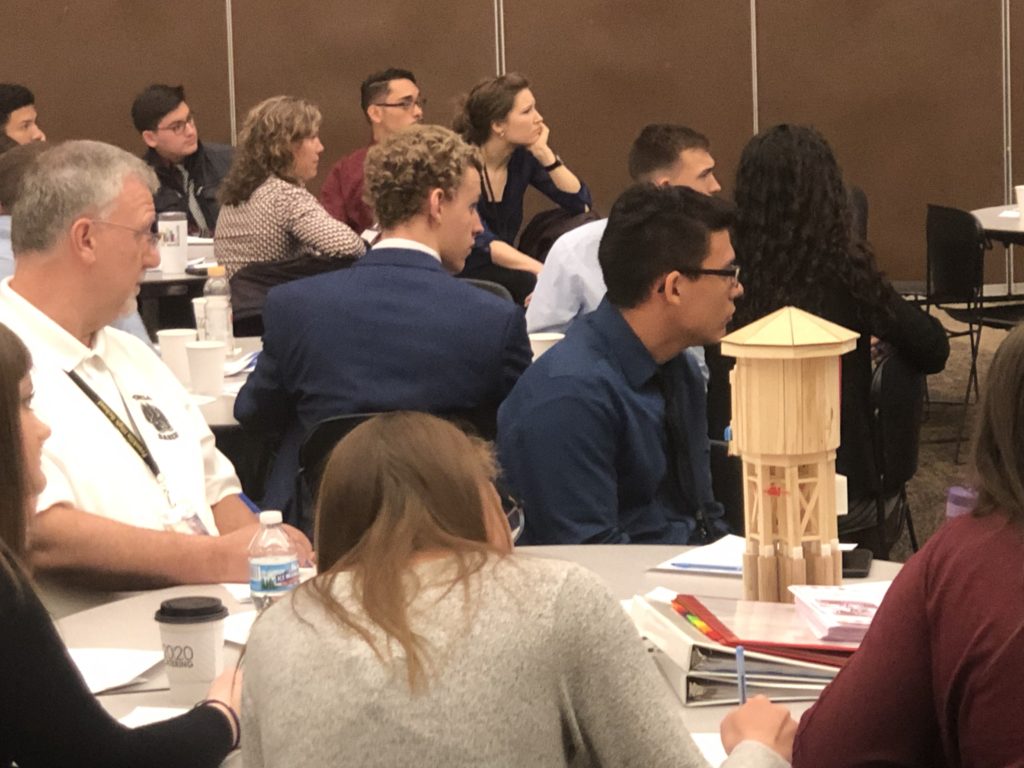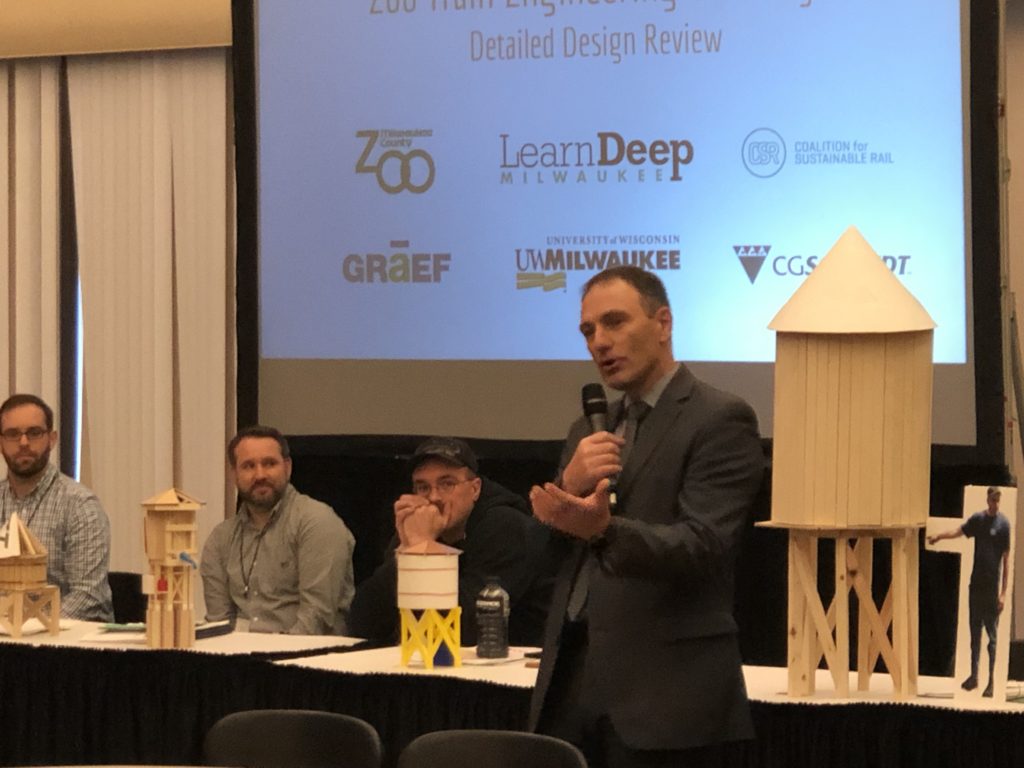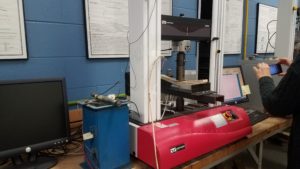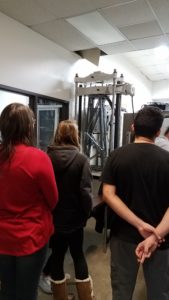Sadly, our present system of mathematics education is precisely this kind of nightmare. In fact, if I had to design a mechanism for the express purpose of destroying a child’s natural curiosity and love of pattern-making, I couldn’t possibly do as good a job as is currently being done— I simply wouldn’t have the imagination to come up with the kind of senseless, soul-crushing ideas that constitute contemporary mathematics education.
— Paul Lockhart, A Mathematician’s Lament
Over the summer we worked with a team from Golda Meir to map how we could offer a different way for teachers, students, and families to experience math. Not as computation and the memorization of which set of algorithms to use when, but open-ended, playful explorations that call for creativity and collaboration. That approach comes from the recognition that the fastest way to develop technical skills is in parallel with developing the creative skills and mindset that requires their use. No one every spent hours learning to dribble a basketball without the expectation that they would use those skills in a game.
The result of this effort is a series of parallel activities with the school. Once a month, our merry band of math evangelists, Gabriella Pinter & Kevin McLeod from UWM, Mary Langmeyer a retired math teacher with 30+ years of experience, and Leah Rosenbaum, Co-Founder and Head of Research & Development with STEAM Milwaukee, meets with Golda’s Math PLC to walk through open-ended, hands on math activities that directly connect with the curriculum. In parallel, they, along with Bernardo Traversari, STEM Education Consultant for the Wisconsin Out-of-School-Time Network, facilitate a series of family math nights at the school.
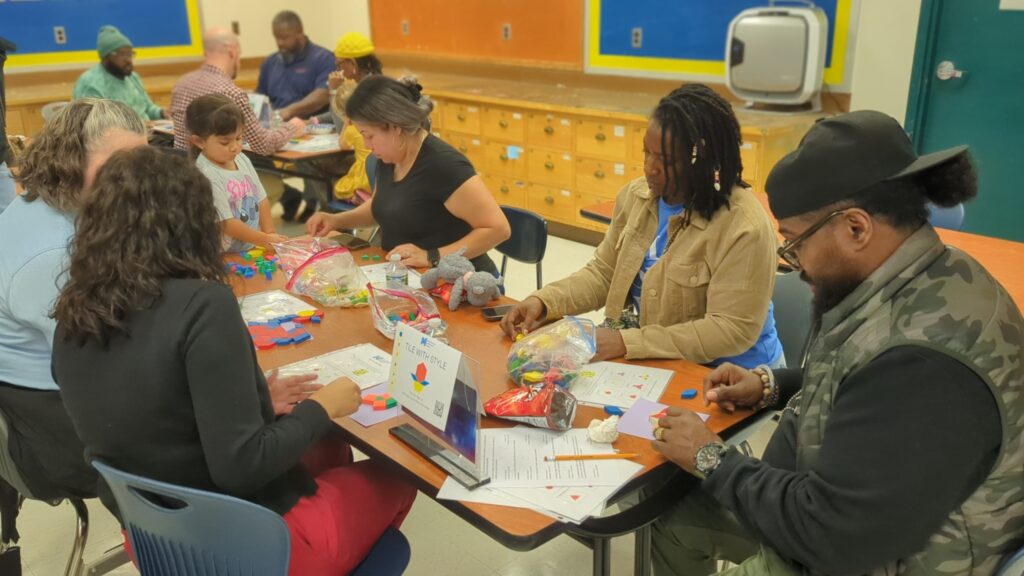
Family math nights provide an opportunity for Golda’s math teachers to gather with family and students for open-ended math activities, games, and explorations. Our team refers to the work as healing math trauma. We held the 3rd family math night with Golda last week. The laughter we hear in the room tells us we are on the right track.
We’re planning now for how we might scale this work to support additional schools. Interested? let us know.

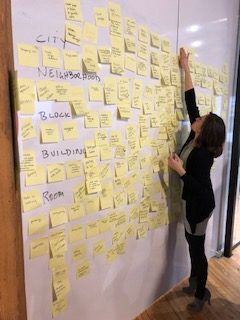

 Our experiment Tuesday night: arrange for parents and their children to spend time together in discourse, while attempting to solve math-based puzzles in an after school setting. Since many parents are non-English speaking, we provided UWM student support for translation when needed.
Our experiment Tuesday night: arrange for parents and their children to spend time together in discourse, while attempting to solve math-based puzzles in an after school setting. Since many parents are non-English speaking, we provided UWM student support for translation when needed.